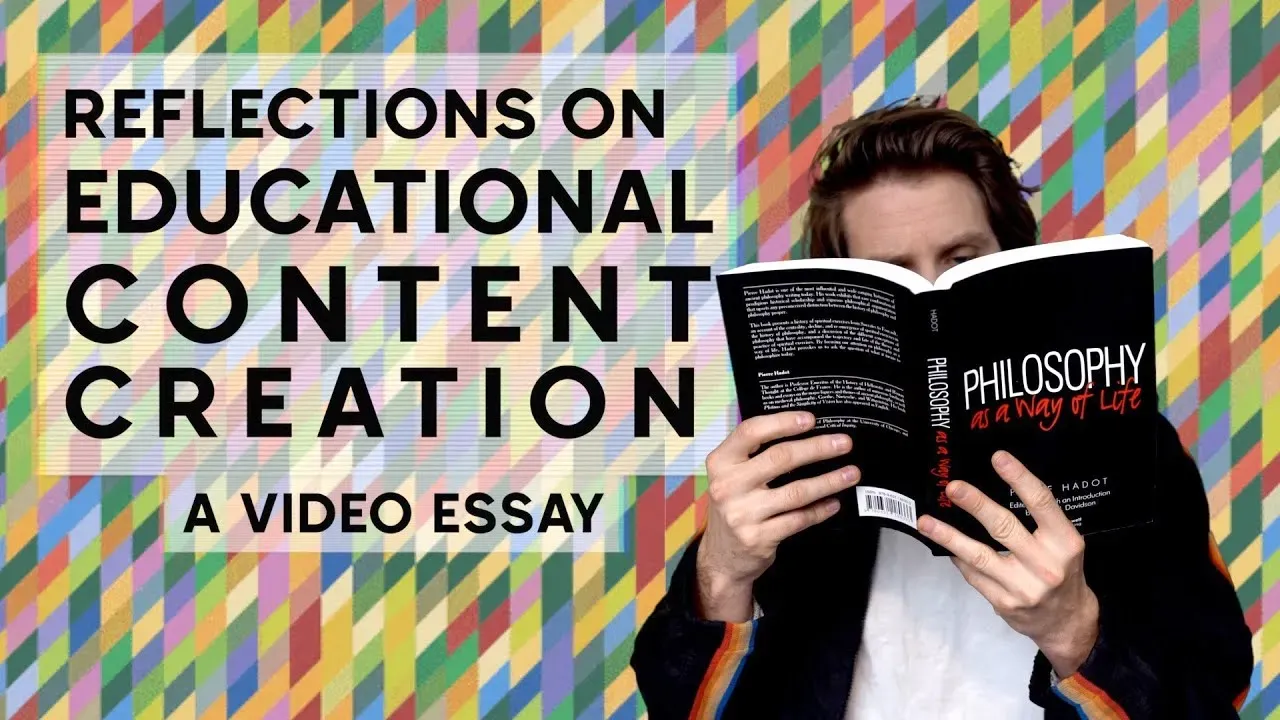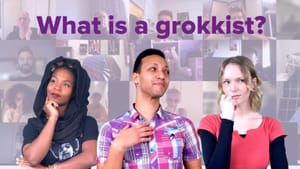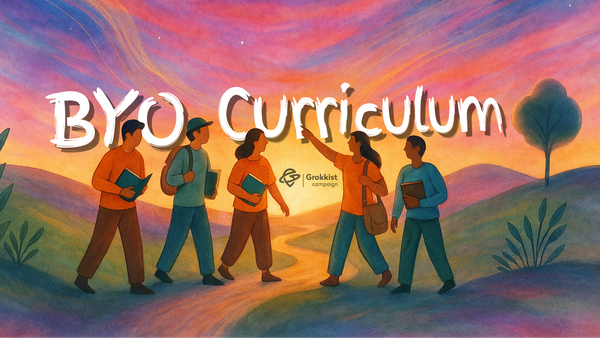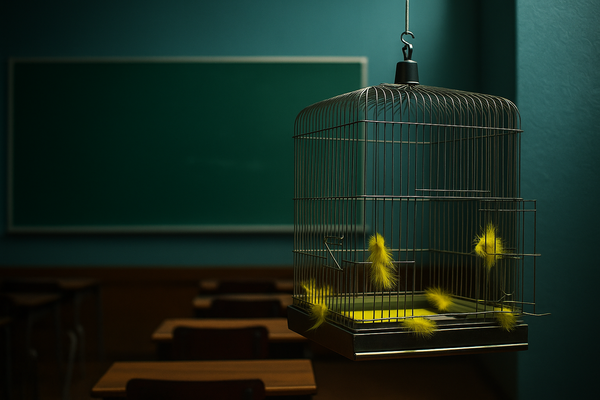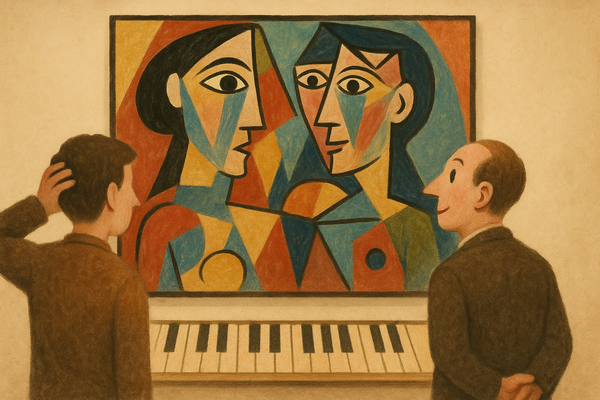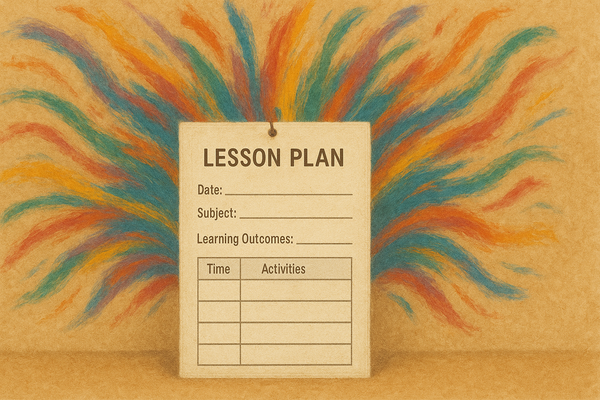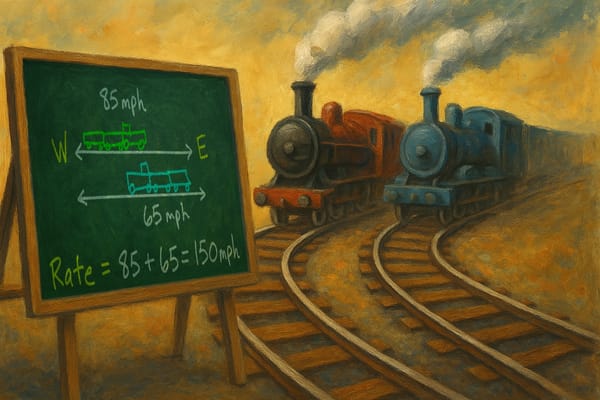Sometimes, when creating educational content for social media, I feel like I’m caught in a trap.
On the one hand it’s liberating to disseminate information in this creative and direct way, freeing us from the strictures of the institutions that have monopolized the educational experience.
We’re sharing info, we’re self-determining its structure and content — it’s an organically unfolding process, and we’re being creative about it. It’s almost as though it returns “School” to its original, etymological meaning, from the Ancient Greek schole which ironically meant “free time”.
On the other hand, the very mode of accessibility of information that makes this revolution possible, also makes it so we have to entertain to get each other’s attention. — Everything has to be compressed to bite-size factoids, and it has to be “fun”.
If it’s not fun, it has to be terrifying; and either way it has to be quick. These demands end up shaping the message itself, rather than the message being determined by its own internal logic.
For instance, I could explore this very topic much more clearly and at more adequate length in an essay or a book, but then the trouble would be how to get people to read that essay or book, which most people don’t — and the people who need to read them the most, who need to be accessed the most urgently, may be the people least likely to read them, and most likely instead to encounter it here.
This is one of the reasons I’ve gravitated away from academia, and in so doing, felt like I’ve come closer to doing the very work that academia is supposed to do.
Nonetheless a gap remains: the gap of nuance. If you think the truth can be expressed in a minute or less, then you may not know the truth at all.
This is why some educators push back against the myths of online learning. Smart viral videos can give us informational tidbits, but they cannot do the nuanced work of showing how those tidbits connect into a coherent whole.
This conceptual coherence is what traditional instituions offer. But that coherence comes with the literal price of tuition, and often the sociological price of embedding institutional values and myths that we’re better off without. — This is problem in the first place, and this is why I sometimes feel trapped.
Educate with the baggage of the institutional framework, or with the baggage of the algorithm? The stuffy mansion, or the Wild West? How to choose; how to escape from the double-bind?
Can our discourse on social media actually become evolved enough that it is capable of deep edification, and is more than just an interplay of informational fragments, which fascinate and sometimes distract?
One time a video of mine received a comment that read: “I feel like this TikTok just made school obsolete.” This is a flattering comment — but for school to really be obsolete, we would need to have our creativity lead more or less directly to the transformation of society itself.
By this I don’t just mean the emergence of new sources of income like being a professional gamer, or twitch star, but a chain reaction that leads to a revolution in consciousness and social activism, manifesting itself in the liberation of oppressed peoples, non-human ecosystems, and the individual mind.
This is, admittedly, difficult to measure in likes, shares and views. But only a criterion of this radical nature can make the outcomes of my educational raps and vids compare favorably with those of traditional education, where the payoff is often a degree, a job, and a vague sense of existential malaise.
This means that social media Ed needs to evolve in structural coherence and depth, without losing its organicity and creativity. We need to keep getting the word out fast and free, without it becoming less true in the process.
The technological precondition of our mental liberation is also the source of the severest challenge to it.
Nevertheless, we must try!
Let us work for the synthesis of nuanced discourse and viral content, of academic rigor and chill fun shit, of supposedly high culture and allegedly low — let us make the philosophical sophistication which once belonged to the educated aristocrat belong to all who scroll, Then those phones will be “worth” the child labor that made them — When the form of our distraction becomes the force of our enlightenment, escape becomes engagement, thought becomes action, and our work as human beings converges with our play.


